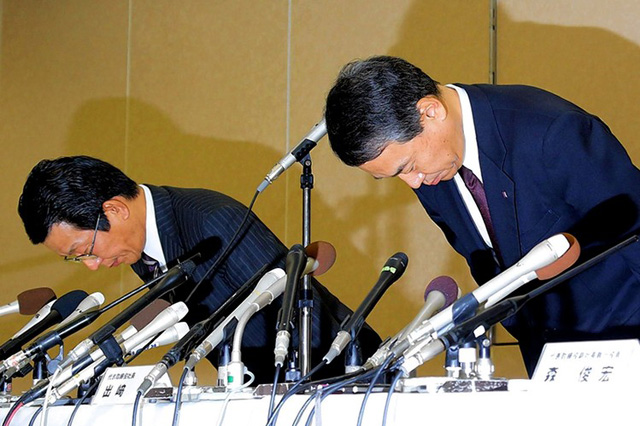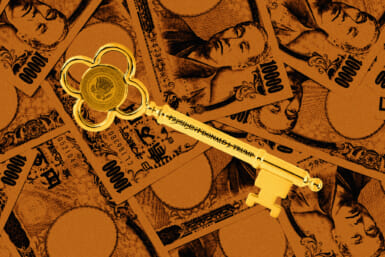A string of menu scandals involving prestigious hotel chains and department stores in Japan prompted government officials to seek punishment for those found mislabeling food items.
At a meeting on legal revisions on the Law against Unjustifiable Premiums and Misleading Representations, government officials recommended fines against restaurants and department stores using bogus menus to deceive consumers.
“Companies have lacked a feeling of legal compliance, and there have been problems in administrative bodies’ monitoring and instructive activities,” said consumer affairs minister Masako Mori. “We will take thorough countermeasures.”
Japan currently has no legislation stipulating clear standards for menus and food labels.
The revised law gives prefectural governments the authority to order companies to stop selling mislabeled items. It will also allow agricultural ministry officials to conduct surprise inspections of supermarkets and other retail shops. Food-related companies are also required to set up a special representative position in charge of food labeling.
Investigations found that 307 operators belonging to 23 industrial organizations had mislabeled food items, such as advertising premium products but were really their cheaper variety.
Ministry and agency representatives hoped that imposing fines against violators would make a significant change.
By Maesie Bertumen
Image of Hankyu Hanshin officials apologizing at an October press conference: Wall Street Journal









